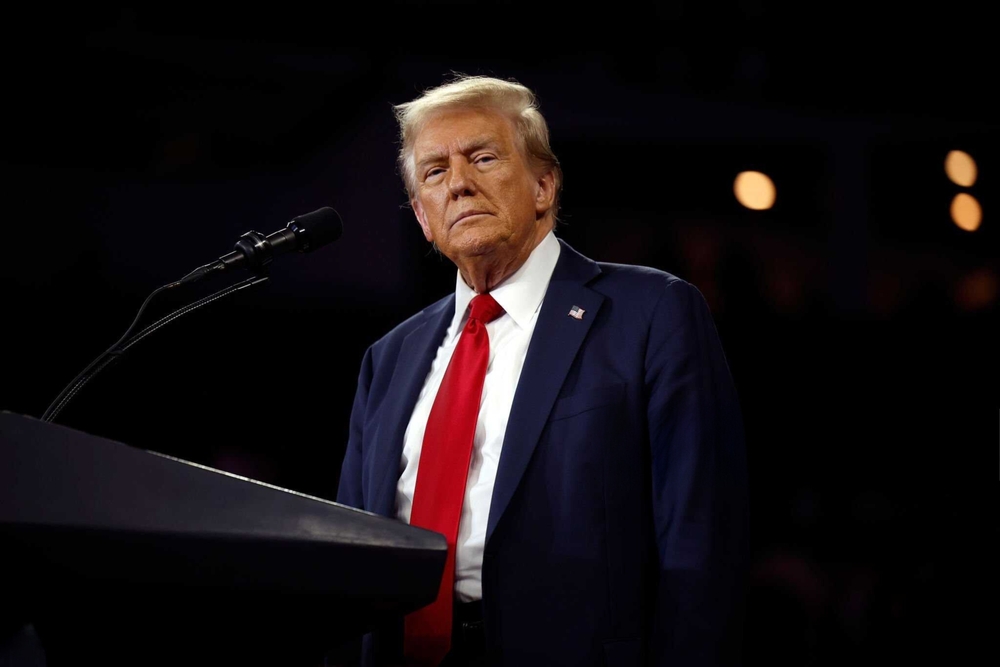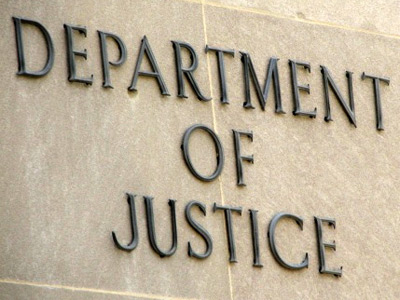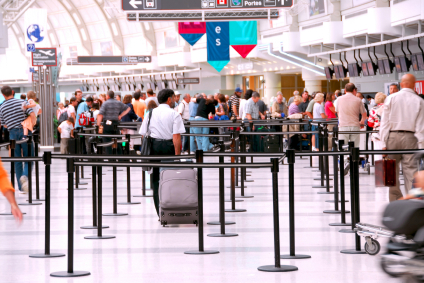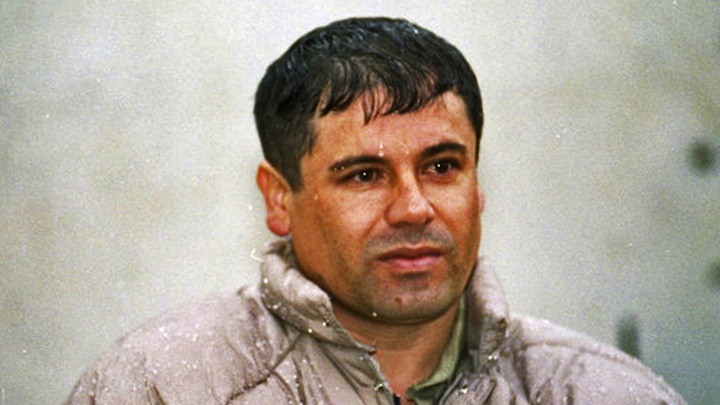
By Steve Neavling
Former President Donald Trump has signaled an unprecedented use of executive power over the Justice Department, a move that could fundamentally alter its independence.
Trump has publicly threatened to leverage federal prosecutors to investigate and potentially charge his perceived adversaries, a stance with few legal restrictions.
Under current law, the president holds sweeping authority to direct federal law enforcement, as upheld by the Supreme Court in recent rulings. Legal experts highlight that the “unitary executive” theory grants the president sole discretion over enforcement, which could give Trump unchecked influence over the Justice Department, The Los Angeles Times reports.
Washington lawyer Stuart Gerson, a former acting U.S. attorney general, notes, “It’s the norm and the custom… But under the ‘unitary executive’ theory, it is not illegal for the president to intervene in individual cases. It’s just a terrible idea.”
The theory was first prominently supported by the late Justice Antonin Scalia, who argued in 1988 that the Constitution places all executive authority within the president’s control, without interference from Congress or the courts. This principle gained significant traction in a recent Supreme Court ruling, where Chief Justice John G. Roberts Jr. wrote that prosecutorial decisions are “the special province of the Executive Branch,” with the president occupying a “unique position” in the constitutional structure.
Such an interpretation implies that, if re-elected, Trump could direct investigations and prosecutions as he sees fit, with little external oversight. This authority could allow him to target his critics under the guise of federal investigations.
“The president could send over a list to the DOJ of people he wants investigated,” Peter Shane, a New York University law professor, said. “Trump would think he is entitled to do that. And his advisers will tell him he is constitutionally entitled to do it.”
At campaign rallies, Trump has explicitly stated his intention to pursue investigations against political rivals. He has vowed to appoint a “real special prosecutor” to investigate Joe Biden, whom he accuses of running “the most corrupt” administration, and has suggested that Vice President Kamala Harris and former U.S. Rep. Liz Cheney could face prosecution.
Although some advisers insist that Trump would refrain from politicizing the Justice Department, others warn of the potential consequences.
Critics argue that a politicized Justice Department could have a chilling effect on democracy.
“This will scare people. It is a very effective scare tactic,” said Michael Bromwich, a former federal prosecutor who represented former FBI Deputy Director Andrew McCabe, who was investigated under Trump’s administration. He believes Trump’s approach will “test the mettle” of Justice Department officials who, by oath, are expected to pursue cases based on evidence rather than political motivations.
Bromwich foresees a critical challenge for Justice Department staff, who may be pressured to act on presidential directives even if they conflict with their legal responsibilities.
“They will test the mettle of prosecutors throughout the Justice Department,” he warned, raising questions about how far Trump’s influence could extend if he assumes office again.
The stakes are high, and the potential reshaping of the Justice Department’s role could leave lasting impacts on the rule of law.




